• His debut book, This Must Be The Place: How Music Can Make Your City Better, was supported by a 40+ date global tour
• Author of authoritative reports on the role of music and culture in cities, tourism, and the night time economy
• PhD from the University of London
• Website | LinkedIn | Substack
As the founder of Sound Diplomacy and the Center for Music Ecosystems, Shain Shapiro emphasizes the importance of the economics of music in urban spaces. His work redefines how cities value and integrate music into their economic and cultural fabric, challenging long-held assumptions about the role of arts in urban planning.
Shapiro's journey into this niche began with a lifelong passion for music. "I've never had any other job outside of music since I was a teenager," he reflects. But it was his frustration with the industry's undervaluation that set him on a different path. "You peel back the layers of how things work and realize that they just don't [work] for music," Shapiro observes.
This realization led to the creation of Sound Diplomacy, a consultancy that brings rigorous methods of economic analysis to the often emotionally driven world of music and culture. "An economic consultancy in the context of the arts is the same as an economic consultancy in the context of anything else," Shapiro elaborates. "It's just a little bit more challenging to demonstrate the pure economic value of arts and culture."
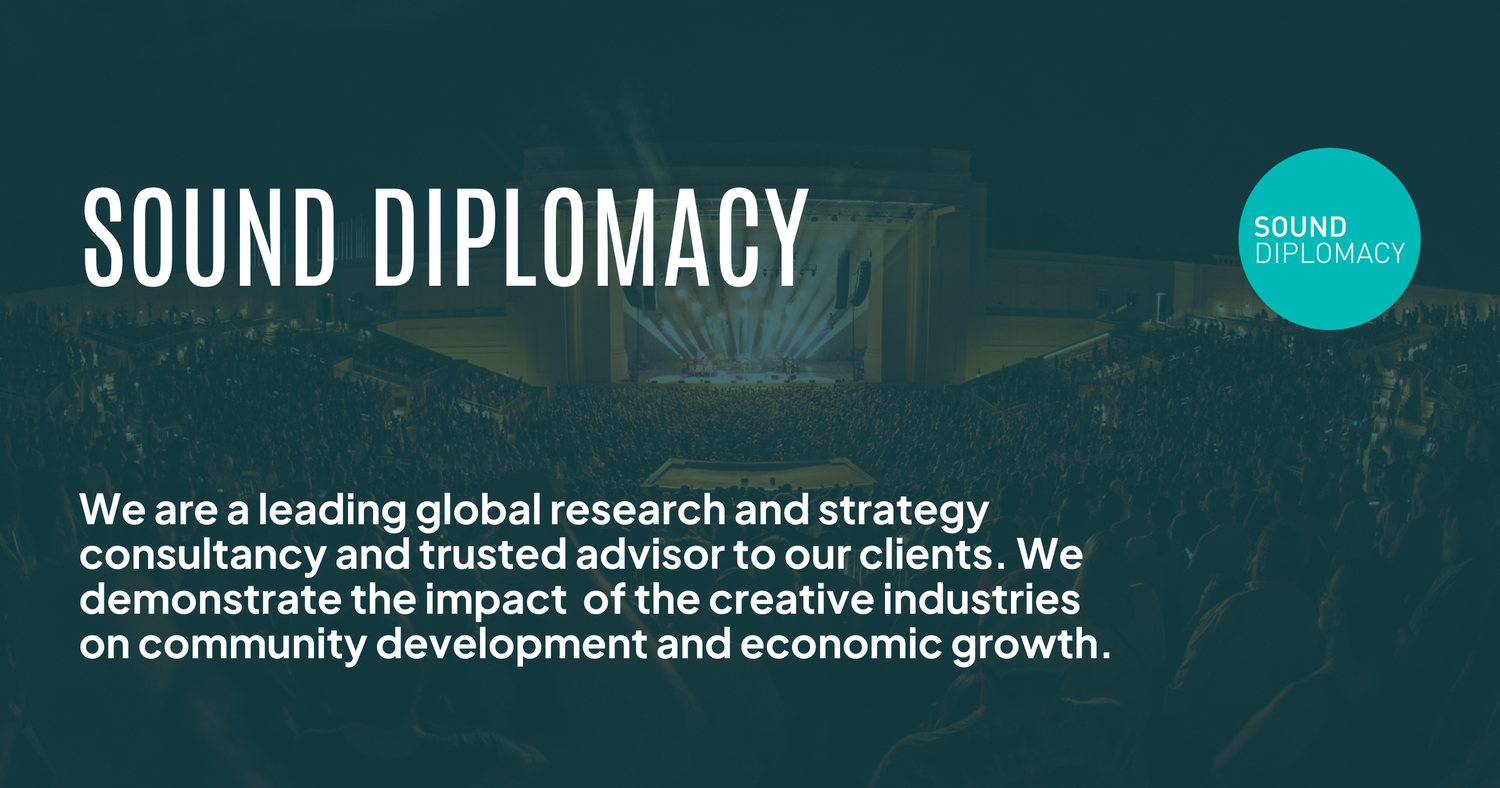
One of the ongoing challenges in Shapiro's field is measuring the impact of music economy initiatives. As cities and organizations invest in music-related projects, the question of how to quantify success becomes crucial yet can be elusive. Shapiro's approach to this challenge is nuanced, balancing hard economic data with more elusive cultural metrics.
"It's like any other economic analysis, to be frank," Shapiro explains. He points out that several straightforward metrics can be tracked: "You can quantify the number of jobs, the economic uplift, the multiplier effects, the indirect economic benefit that music and culture have on the community, and count new pieces of infrastructure or investments made."
For instance, the number of new music venues opened, the increase in music-related jobs, or the growth in tourism revenue from music festivals are all quantifiable indicators that cities can use to measure success. These tangible metrics provide a solid foundation for assessing the economic impact of music initiatives.
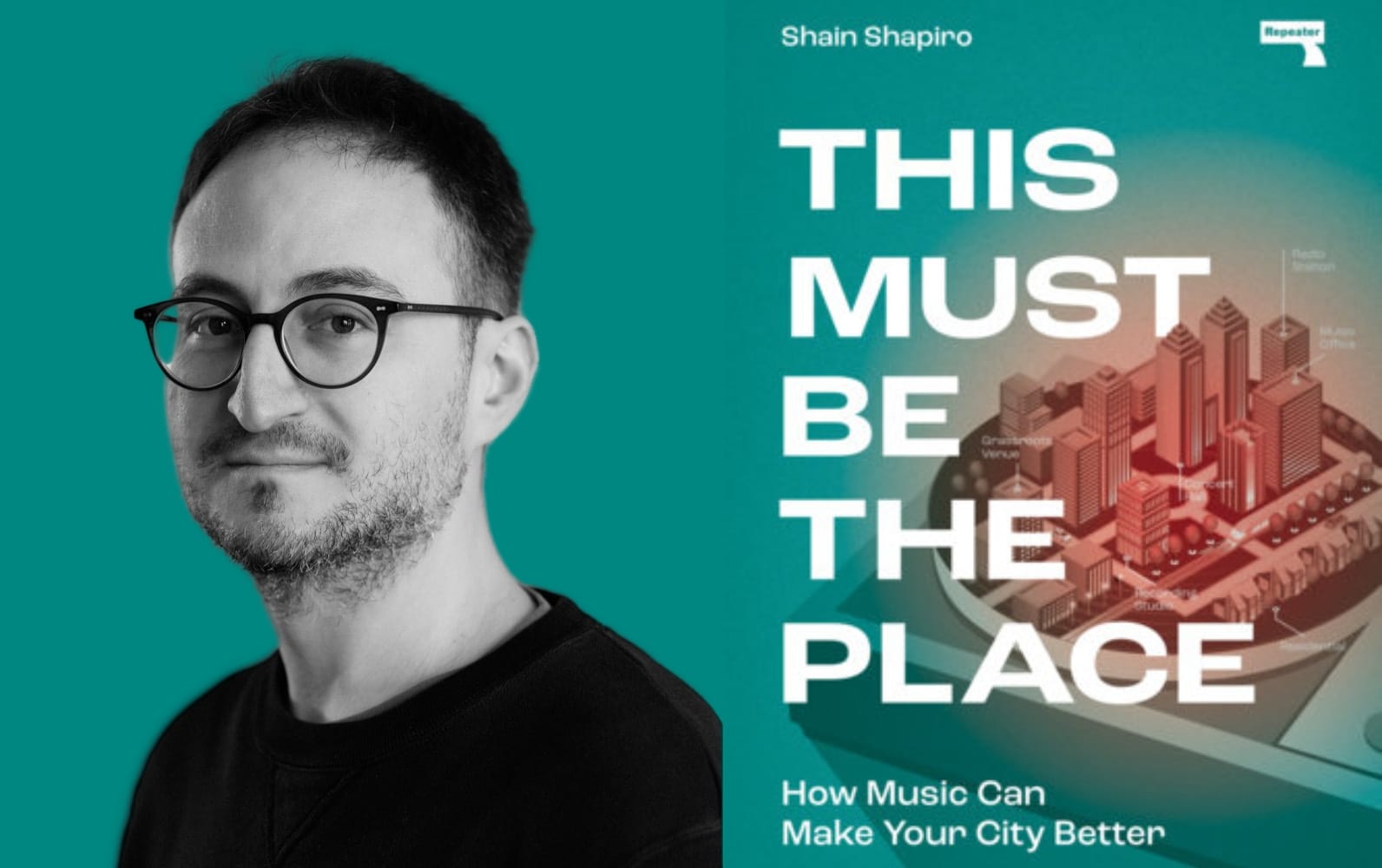
Shapiro acknowledges that some of the most important impacts of a thriving music scene are harder to measure. "There's some stuff that you struggle to quantify," he admits. "Are people happier? Are they going out more? You can quantify that. But are they enjoying the music or cultural scene in the community more?"
Shapiro's approach to this challenge is to keep a comprehensive record of both quantitative and qualitative changes. "In every community, we are keeping a record of what's happening," he emphasizes. This holistic view allows a more complete understanding of how music initiatives impact a city or region.
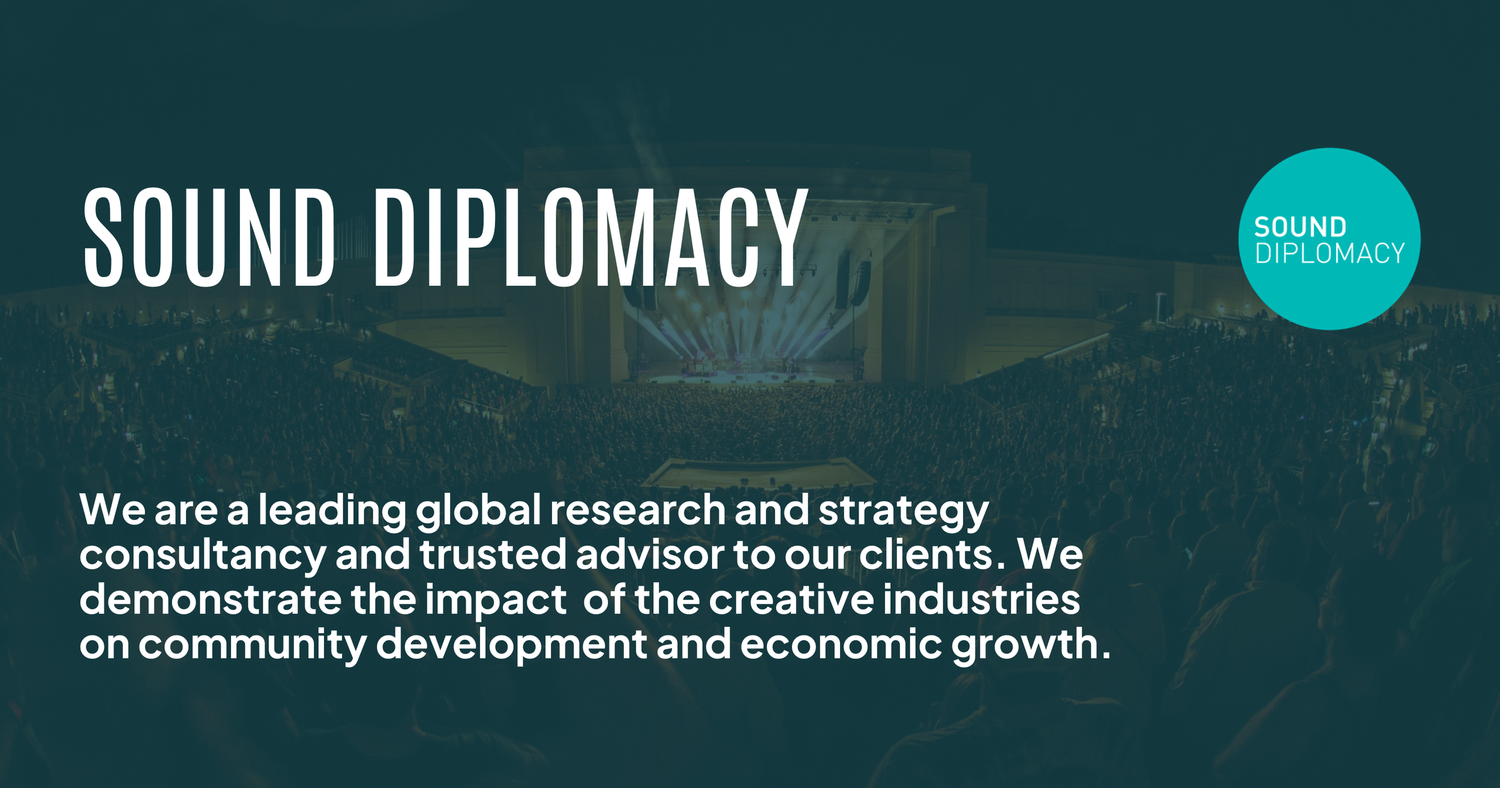
One of Shapiro's key contributions is his redefinition of what makes a 'music city.' Rather than focusing solely on famous music scenes or large-scale events, he advocates for a data-driven approach. "My definition [of a music city] is a city that takes music seriously in a deliberate and intentional way," he clarifies.
This approach involves collecting comprehensive data on everything from venue locations to economic impact and using this information to inform policy decisions. It's a method that has caught the attention of cities worldwide, from major metropolises to smaller urban centers looking to revitalize their economies.
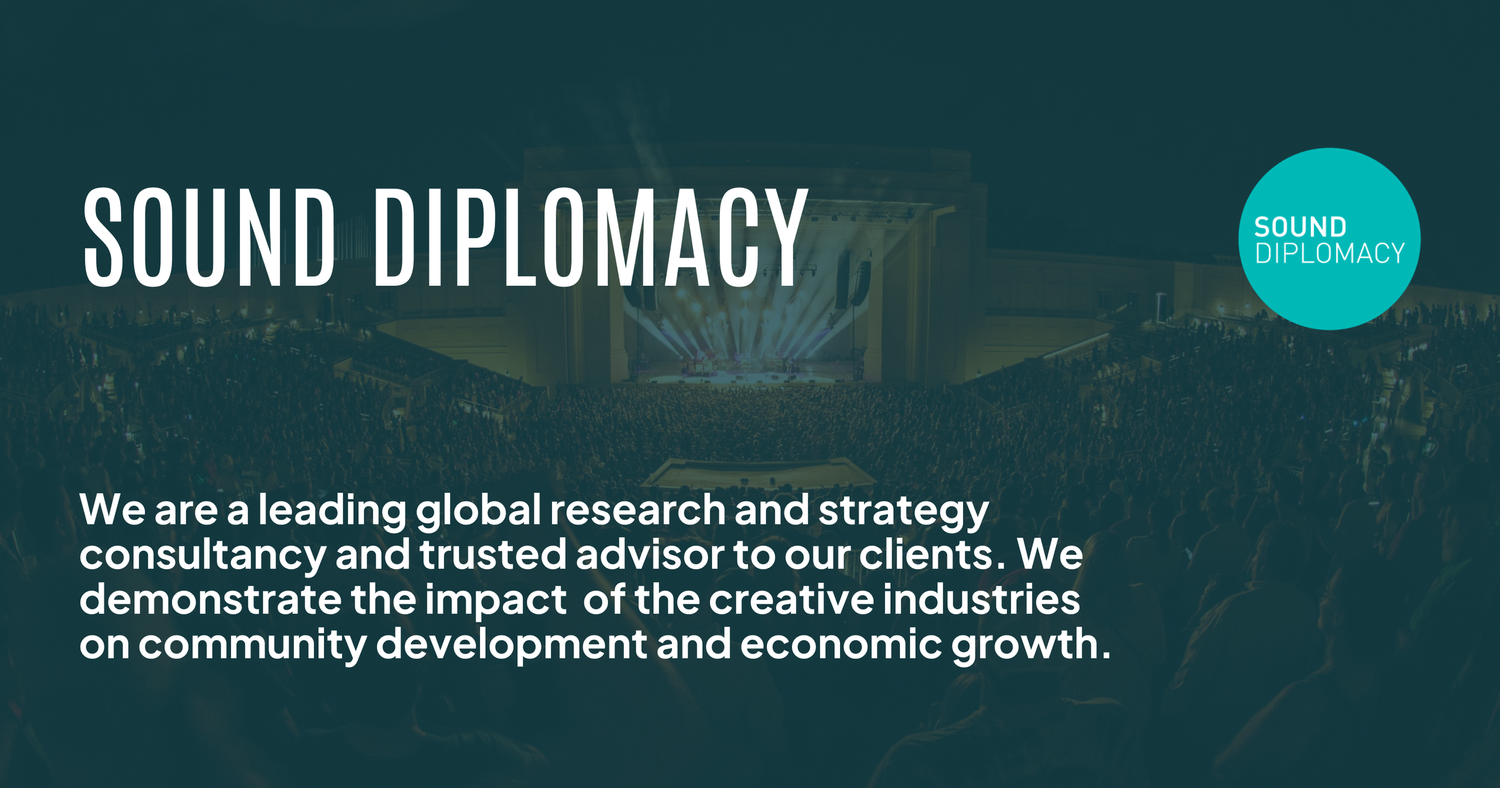
Shapiro's work has also shed light on a significant global issue: the lack of robust copyright frameworks in many countries. "There are over 50 countries that have zero frameworks for copyright," he states, highlighting a major obstacle to the growth of the global music economy.
In countries without established copyright systems, musicians struggle to protect their work and earn a living from their creations. This affects individual artists and stunts the growth of local music industries. As Shapiro points out, "If there is no economic foundation, then it's a utility, not an economy."
Shapiro argues that implementing proper copyright management organizations (CMOs) in these countries could significantly boost the value of the music economy. However, he emphasizes the need for systems that are "contextual and sensitive to local customs and local issues," recognizing that effective copyright frameworks must be tailored to each country's unique cultural and economic landscape.

The COVID-19 pandemic and it’s aftermath brought unexpected changes to the music industry, and Shapiro has been at the forefront of analyzing these shifts. He's observed a growing trend of secondary and tertiary music markets gaining prominence.
A prime example of this trend is Huntsville, Alabama. Once known primarily for its aerospace industry, Huntsville has been making strategic investments in its music infrastructure. The crown jewel of these efforts is the Orion Amphitheater, a state-of-the-art venue that opened in 2022.
Shapiro points to the Orion as a case study of how smaller cities position themselves in the post-pandemic music landscape. "That was one of the arguments to build the Orion at the beginning," he explains. "If you're going to attract the best and the brightest to Huntsville, you need a facility to attract the best and the brightest to come and play there."
The economic calculus is clear. As Shapiro puts it, "You're looking at maybe it's, for every dollar you're spending in Nashville, maybe you're spending 90 cents in Huntsville." This cost advantage, combined with strategic investments in cultural infrastructure, positions these smaller cities to compete for talent in ways they couldn't before.
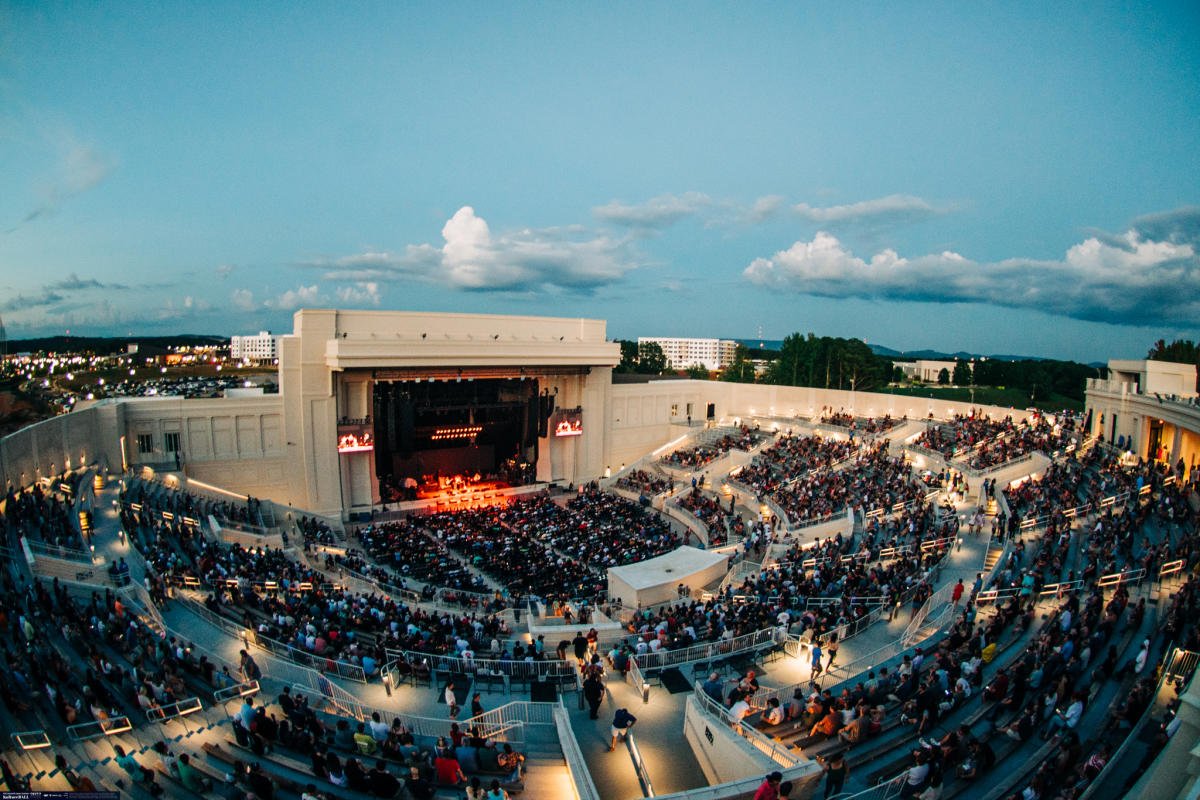
Shapiro's passion for his work is evident in his approach to each new challenge. "Every day is a new, unsolvable challenge," he says enthusiastically. For Shapiro, the intersection of music, economics, and urban development is more than just a career—it's a calling.
His vision extends beyond individual consulting projects. Through the Center for Music Ecosystems, Shapiro is building a global canon of research on how music can solve problems in various places. "The whole point is to create as much data and evidence as I possibly can," he explains, underlining his mission to make this information accessible to all.

Looking ahead, Shapiro's work could have far-reaching implications. As more cities adopt data-driven approaches to their music economies, we might see a shift in how cultural policy is formulated and implemented. The ripple effects could extend to urban planning, tourism strategies, and even education policies.
Shapiro is an advocate, armed with data, driven by passion, and determined to show that music isn't just culturally significant—it's economically essential. As his work continues to influence policy and practice worldwide, it's clear that Shapiro's vision of music as a driver of economic and social development is not just a possibility but an emerging reality.
While some critics may argue that quantifying the value of art risks reducing cultural significance, Shapiro's work demonstrates that understanding music's economic impact can enhance its position in society. By providing concrete data on music's economic contributions, Shapiro is helping to secure more resources and support for musical ecosystems worldwide.
Shain Shapiro is a globally recognized thought leader at the convergence of music, culture, and urban policy. His insight is showcased in his debut book, This Must Be The Place: How Music Can Make Your City Better, which came out on Repeater Books (distributed in the United States by Random House) on September 12, 2023.
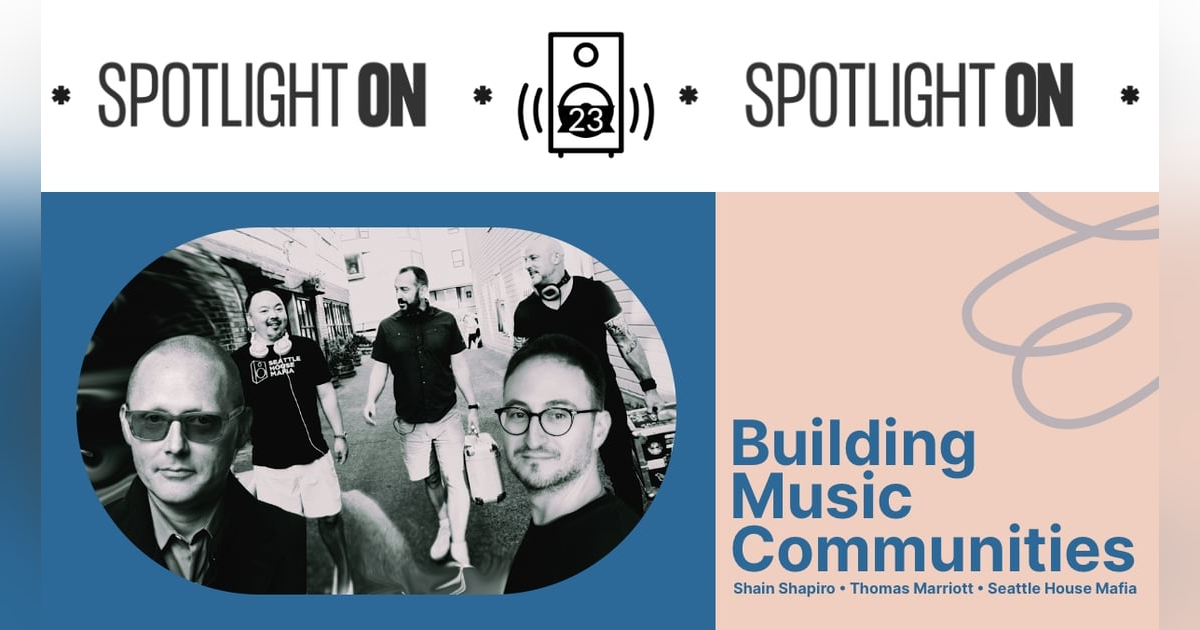



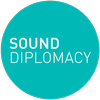
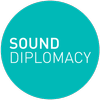
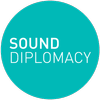

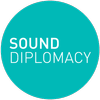






Comments